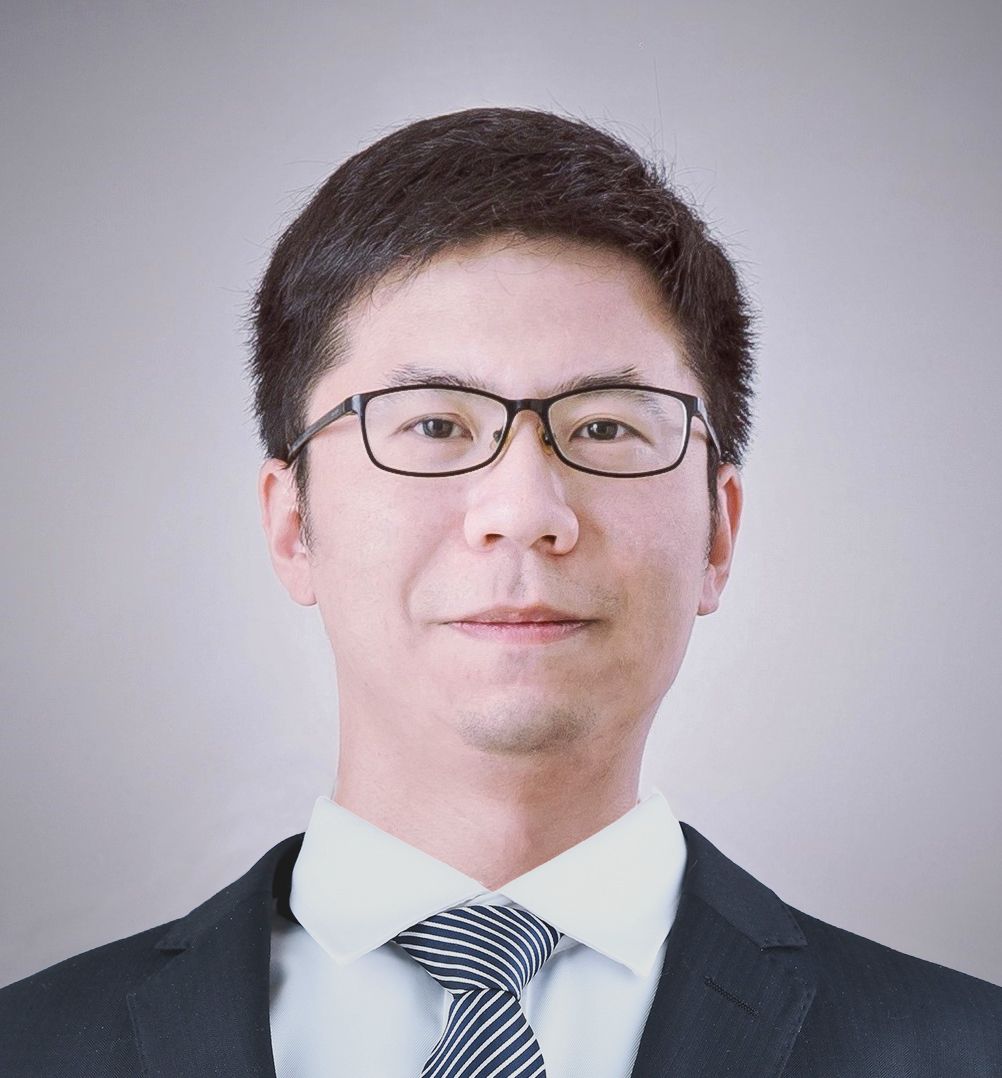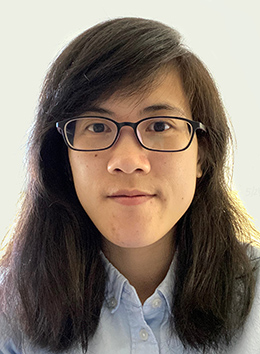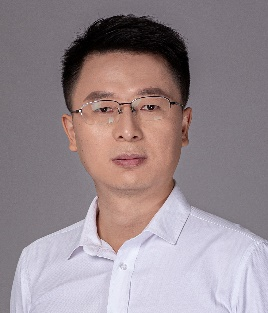Marine dissolved organic matter (DOM) is one of Earth’s largest long-term carbon reservoirs, critical to the global carbon cycle. A key breakthrough in understanding this pool is the identification of biorefractory carboxyl-rich alicyclic molecules (CRAM). Recent studies have challenged the biorecalcitrance of CRAM but lacked detailed molecular evidence.
In this webinar, Dr. He will introduce the how advanced online countergradient liquid chromatography–Fourier transform ion cyclotron resonance mass spectrometry help us better understand the bioavailability of CRAM. In particular, he and his dream group revealed a wide spectrum of CRAM bioavailability regulated by molecular polarity. CRAM with lower polarity were preferentially degraded, whereas microbial reworking led to production of higher-polarity CRAM, characterized by increased oxidation state, nitrogen content, and aromaticity. Some microbially transformed CRAM were frequently detected in a global DOM dataset of 1485 seawater samples, suggesting their potential persistence in marine environments. This study provides molecular insights into the biorecalcitrance and transformation pathway of CRAM, underscoring the complexity and dynamic nature of marine organic carbon cycling.
Time: 16:00 – 17:00 Beijing Time (UTC+8), October 23, 2025
Zoom Link: https://us02web.zoom.us/j/89134359891
Zoom Code: 202510
KouShare Link: https://www.koushare.com/live/details/46357
Keynote Speaker: Ding He

Prof. Ding He is an assistant professor in Ocean Science Department, Hong Kong University of Science and Technology. He has established a “DREAM” group at HKUST (https://hkustdinghe.github.io/). His DREAM group mainly engaged in research on organic carbon cycling along the river-estuary-ocean continuum, as well as data-driven explorations of molecular fingerprints and their applications in earth and environmental science. He has published >140 papers in leading international SCI journals, including 48 in Nature Index journals (such as SA, PNAS, GCA, GRL, EST, WR). He has led or joined in >20 projects, including the funding supported by National Natural Science Foundation of China and Research Grants Council of Hong Kong. He is currently serving as an Associated Editor of Applied Geochemistry (Official Journal of the International Association of Geochemistry).
Discussion Panel: Jiying Li, Penghui Li

Jiying Li
Prof. Jiying Li is an assistant professor in Ocean Science Department, Hong Kong University of Science and Technology. Her research focuses on understanding the cycling of life-supporting elements–such as carbon, nitrogen, phosphorus, sulfur, and iron–across a diverse range of aquatic environments, from lakes and estuaries to coastal and deep seas. By integrating field observations, laboratory experiments, and numerical modeling, her work seeks to uncover the mechanistic controls of biogeochemical processes and assess their broader climate and environmental impacts. Centering this theme, her resent research contributions include quantifying the critical roles of sediments to the development of coastal hypoxia, elucidating how sediments recycle key nutrients like phosphorus and nitrogen to influence regional and global biogeochemical cycles, and investigating the unique metabolic strategies that aquatic microorganisms use to cope with nutrient variability and their ecological and biogeochemical consequences.

Penghui Li
Prof. Penghui Li is an associate professor at the School of Marine Sciences, Sun Yat-sen University. He obtained his bachelor and PhD degrees from Tongji University, after which he joined Sejong University in South Korea and the Southern University of Science and Technology as a postdoc researcher. His current research interests include the characterization of dissolved organic matter in natural environments (including spectroscopic and high-resolution mass spectrometry methods), the biogeochemical cycling of dissolved organic matter and its ecological and environmental effects, as well as the relationship between dissolved organic matter and environmental factors and its response to global change. He has published over 60 academic papers in journals such as Critical Reviews in Environmental Science and Technology, Global and Planetary Change, Water Research, and Science of The Total Environment, with more than 2,200 citations.
Post your questions to the keynote speaker and panel members:once.secretariat@outlook.com